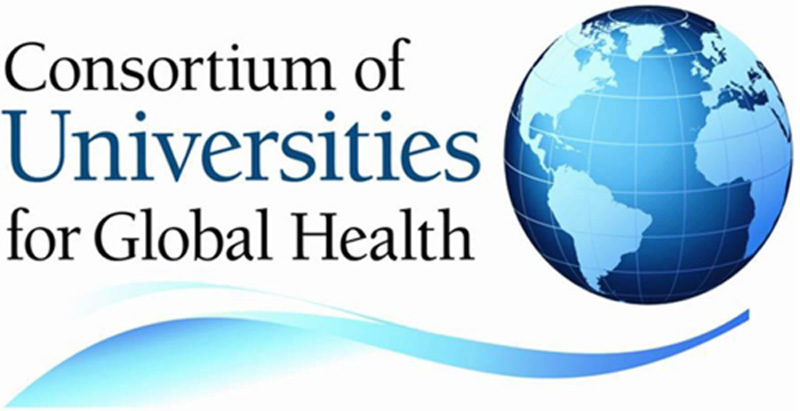General resources
- Operational Framework for Strengthening Human, Animal and Environmental Public Health Systems from the World Bank is intended as a guide for One Health operations, from project and program scoping and identification stages to design and implementation, including monitoring and evaluation, to help optimize investments.
- Responding to the Global Crisis in Human Resources for Health: Report on Collaborative University-Based Programs Building HRH Capacity in Resource Constrained Nations
- Brocher Declaration – Advocacy for Global Health Partnerships
- Health: A Political Choice edited by Prof. John Kirton and Ilona Kickbusch, free for download.
Free online courses
- The Open-Source Medical Devices Website provides free technical information for any interested user to build helpful devices for diagnosis and treatment for low- and middle-income countries.
- Commercial Private Health Sector Basics provides an introduction to the commercial for-profit private sector in health.
- Concepts in Economic Evaluation is an approach to the operation of health and medical systems through a theoretical framework grounded in economic evaluation techniques of cost-benefit and cost-effectiveness analysis.
- Fostering Change in Health Services builds the skills of those who are in a position to support change agents in health service delivery.
- Good Governance in the Management of Medicines examines the importance of good governance throughout the process of pharmaceutical management (selecting, procuring, distributing, and using medicines and other pharmaceutical products).
- Governance and Health an introduction to key governance terms, concepts, and definitions, and gain an understanding of how governance works in the public sector and within civil society organizations.
- Health Communication for Managers is an introduction to the basic principles of health communication.
- Health Workforce Productivity: An Approach for Measurement, Analysis, and Improvement explores some basic concepts of health workforce productivity.
- Healthcare in India: Strategic Perspectives applies a strategic lens to the [Indian healthcare] sector’s submarkets including hospitals, pharmaceutical firms and diagnostic equipment providers. You will examine the role of disruptive innovation and the ways in which public policy shapes the evolution of healthcare markets.
- Healthy Businesses discusses strategies that donors can use to design programs and implementers can use to deliver activities to ensure that commercial for-profit health care providers have the business, operational, and financial capacity to sustainably provide essential health services.
- Human Resources for Health (HRH) Basics is an introduction to the basic principles and promising practices related to human resources for health (HRH).
- Improving Global Health: Focusing on Quality and Safety is designed for those who care about health and healthcare and wish to learn more about how to measure and improve care – for themselves, for their institutions, or for their countries.
- Improving Health Care Quality is an introduction to principles and approaches that can help health care workers continually improve the work that they do and help to demystify improving health care, its underlying principles, and provide an overview of different approaches to improve health care.
- Infrastructure for Good Governance provides participants with the knowledge to develop and implement the organizational setup needed to ensure the good governance of all types of health service delivery organizations.
- Key Practices of Good Governance is a review of the key practices of good governance, and various strategies and actions that can be taken to apply them in the health sectors of resource-constrained countries in Asia, Africa, and Latin America.
- Logistics for Health Commodities examines a wide range of logistics principles and practices as well as highlights each function of the logistics cycle, including assessing stock status, inventory control, and monitoring and evaluation.
- Online Communities of Practice (CoPs) for Global Health is intended for program managers who work in global health and development and would like to learn more about online CoPs [Communities of Practice] and the potential for CoPs to help their teams, projects, and organizations achieve a shared goal.
- Social Franchising for Health discusses what social franchising strives to deliver: affordable, equitable, and high quality health services, and highlights the potential impact and benefits of social franchising as an approach to health systems strengthening, the conditions that foster a successful social franchise network, and the global landscape for social franchising and donor investment.
- Total Market Approach Using practical examples, the course will guide USAID missions and other entities seeking to assist governments on how to use the total market approach concept to maximize resource use, increase access to priority health goods, and improve sustainability.
